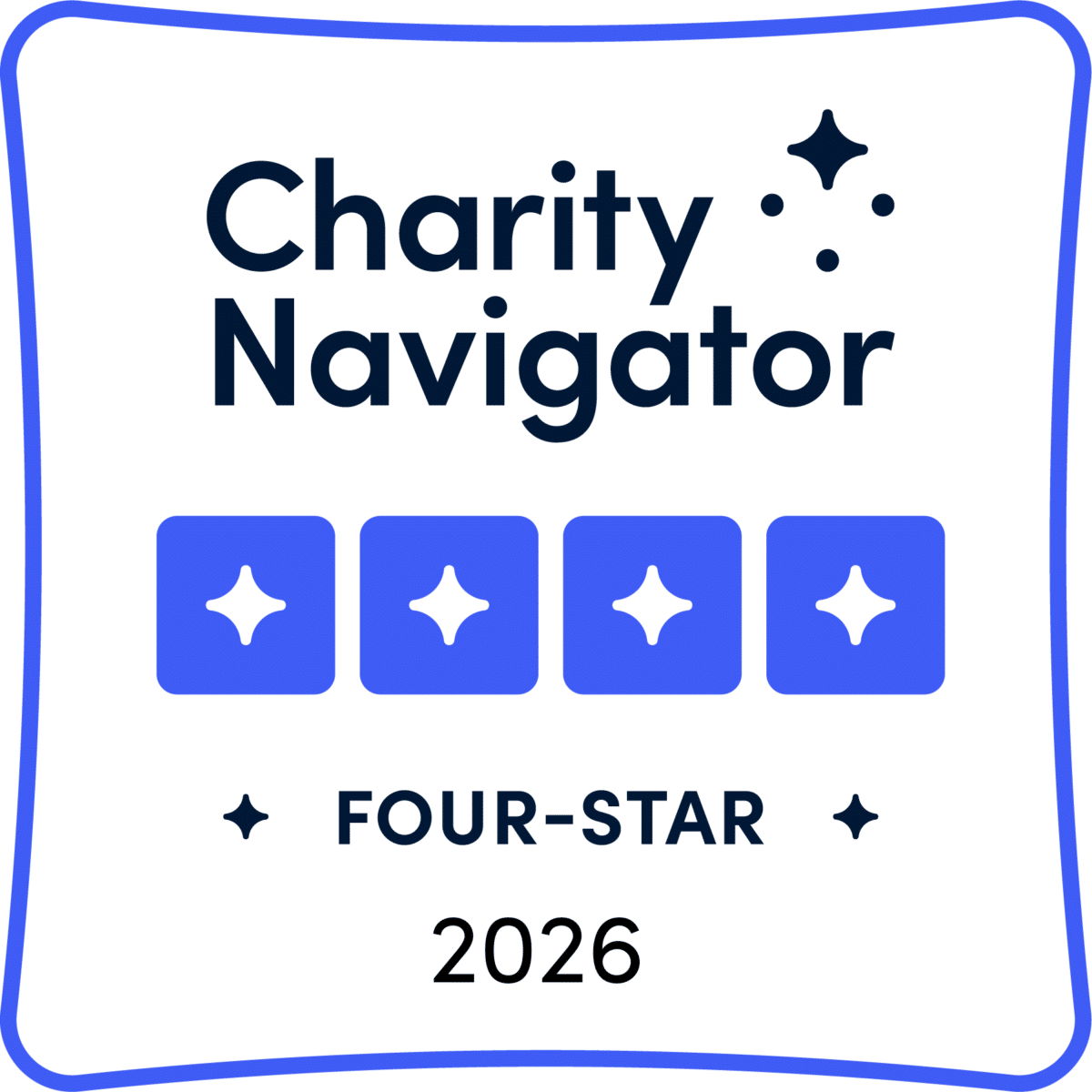President Biden Grants Clemency to Nearly 2,500 Drug War Victims in Final Days
LPP Applauds the President’s Actions Addressing Disparate Harms From the War on Drugs After Years of Advocacy.
[Washington D.C.] — Today, the Last Prisoner Project (LPP) celebrates a momentous and long-overdue victory as President Biden has commuted the sentences of over 2,500 individuals incarcerated for nonviolent drug offenses, including those serving disproportionate sentences for cannabis.
These grants of clemency mark a step toward justice and repairing the harm caused to these families by decades of inequitable drug policies and punitive cannabis enforcement. A key part of LPP’s mission is to ensure that criminal legal reforms are applied retroactively when drug laws change. President Biden’s actions today signify the importance of providing relief for those incarcerated for offenses the law and the public no longer believe are in the best interest of justice and public safety.
The total number of those incarcerated for cannabis who received commutations is not yet known, but nine LPP constituents will be free thanks to this transformative step. Collectively, this action saves our constituents from serving an additional 53 years and 2 life sentences in prison. At the same time, there are undoubtedly many who will remain incarcerated for cannabis-related crimes, while others continue to profit from the same actions.
The full list of recipients is available here, and we are grateful for all the LPP constituents listed below that will be returning to their families and communities:
- Kerry Collier served almost 14 years of a 20-year sentence with 10 years of supervision.
- Daniel Gallegos served almost 14 years of a 20-year sentence with 10 years of supervision.
- Melvin Garland served 14 years of a 22-year sentence with 8 years of supervision.
- Albert Madrid served almost 26 years of a life sentence with 5 years of supervision.
- Claudio Martinez Jr. served over 10 years of a 22-year sentence with 8 years of supervision.
- John Newton served almost 16 years of an over 24-year sentence with 8 years of supervision.
- Jose Sepulveda served over 27 years of a life sentence with 5 years of supervision.
- Robert Jason Thomas over 15 years of a 20-year sentence with 8 years of supervision.
- Leonel Villasenor served almost 22 years of a 30-year sentence with 4 years of supervision.
“We applaud President Biden’s commutations for those who suffered excessive sentences for drug offenses. This clemency signifies a recognition that we should not continue to punish individuals for outdated laws we now recognize as unjust,” said Sarah Gersten, Executive Director and General Counsel at Last Prisoner Project. “President Biden’s actions remind us that meaningful change is possible when people work together and listen to what is needed to provide true justice through second chances.”
Throughout the Biden administration, the Last Prisoner Project has tirelessly fought to secure these clemency grants, leading a coalition of advocates, policymakers, and community leaders to demand clemency for those still imprisoned for cannabis-related offenses. This action reflects the culmination of efforts through LPP’s early release programs that provide direct legal representation for these constituents, our federal policy efforts that have urged broader retroactive relief, and our advocacy campaigns such as Countdown4Clemency, Pen to Right History, and Pardon People Not Poultry.
Throughout these efforts, we have ensured that the voices of those incarcerated are heard and amplified through direct representation, storytelling, and partnerships across the clemency process.
While we take a moment to celebrate today’s historic action, Last Prisoner Project remains steadfast in advocating for comprehensive policy reform to ensure all individuals unjustly incarcerated for cannabis can find freedom. President Biden’s use of clemency powers is a monumental move toward this goal, but many remain behind bars, and systemic injustices persist. We will not rest until every last cannabis prisoner is free.
Today’s victory reaffirms the importance of our collective action, legal expertise, and grassroots organizing in moving the needle toward justice. While we celebrate, we renew our commitment to working with the incoming administration to achieve total justice for those incarcerated for cannabis nationwide.
For press inquiries or additional information, please contact:
Stephen Post, Strategic Communications Manager
Last Prisoner Project
513-827-2340
ABOUT LAST PRISONER PROJECT
The Last Prisoner Project is dedicated to freeing those incarcerated due to the War on Drugs, reuniting their families, and helping them rebuild their lives. As laws change, there remains a fundamental injustice for individuals whose conviction is no longer a crime. We work to repair these harms through legal intervention, constituent support, direct advocacy, and policy change.
Visitwww.lastprisonerproject.org or text FREEDOM to 24365 to learn more.






